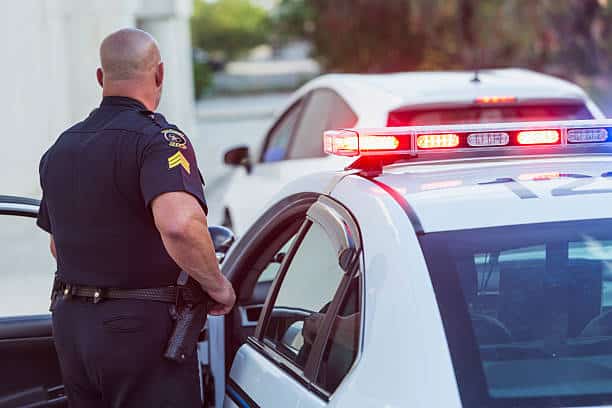
*America has a policing problem. All over the country, men of color are being arrested and are in harm’s way, not from crime, not from criminals, but from law enforcement, the very entity that should protect and serve the public. Yes, there seemingly has been a resurgence in the murders of men of color by the police in recent years, but many would argue that these killings have always been a part of the paradigm of America’s makeup.
The conviction of Derek Chauvin for the murder of George Floyd, in Minnesota, is a step in the right direction, but the murder of another unarmed, innocent Black man, also in Minnesota, 20-year-old Daunte Wright, due to an inexplicable mix up between a gun and a taser from the officer that killed him, is also garnering the media spotlight.
A paradigm shift is in urgent need to be implemented, and traffic stops and law enforcement, particularly involving Black men and women are in urgent need of examination. Force and violence against men of color by law enforcement seems to have become the norm, woven into the fabric of US culture, and it appears that numbers bear that out.
According to the Prison Policy Initiative, a research think tank that “uses research, advocacy and organizing to show how over-criminalization harms individuals,” “communities” and “national well-being,” nearly 1 million people in the U.S. experience the threat or use of force by police annually, and they are disproportionately Black and LatinX. In their studies, they’ve examined traffic stops, and “the scale of police use of force is an important fact in of itself, made more troubling by the racial disparities evident in police stops and use of force.”
It’s very rare to find a Black man in America that hasn’t been pulled over by a police officer and most Black men have been pulled over in their lifetimes, multiple times. The Prison Policy Initiative’s studies, according to their data, reflect that “Black respondents were more likely to be stopped by police than White or LatinX respondents, and both Black and LatinX respondents were more likely to be stopped multiple times over the course of a year than white respondents.” Their survey results also found that “police were twice as likely to threaten or use force against Black and LatinX respondents than Whites.”
MORE NEWS ON EURWEB: SC Fire Chief Posts on Facebook to Police: ‘Stop Responding to Black Neighborhoods’
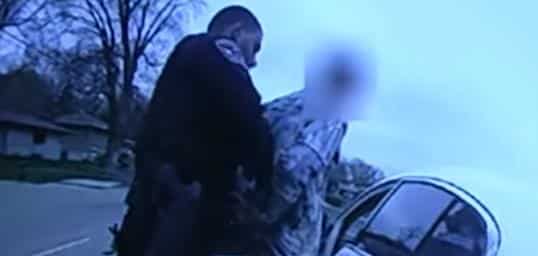
In the case of Daunte Wright, a young Black man, that had the misfortune to encounter police veteran officer Kim Potter in what should have been a routine traffic stop, that case represented the worst possible traffic stop scenario- the loss of his life. A senseless loss that could have been prevented, for a traffic stop that should never have happened in the first place. He was detained for expired license tags- what has been widely known as a perfect excuse to detain members of the minority population.
“It boggles the mind why she (Officer Kim Potter) would pull him over in the first place,” said Wright Family attorney Benjamin Crumb, in a recent CNN interview. “The rules are set aside when you’re really being targeted for driving while Black.”
Most law enforcement officers follow the law and many officers feel that the public is often misled by media reports of the few incidents of officer wrong doing by officers that are, as former Philadelphia police commissioner Charles H. Ramsey candidly admitted on a recent interview “are on the dark side.”
Retired Veteran Police Officer Terrence Duren, who wrote a critically acclaimed book, “University Sheepdog,” believes that crime numbers, particularly in regard to primarily African American communities, gives ample reason for the frequency of traffic stops of men of color. Duren gave Los Angeles as an example.
“The population ratio of Blacks about 13% (of total Los Angeles population.),” he explained. “When it comes to violent crimes Blacks commit crimes at a higher percentage than what they represent in the population. Black males are roughly 6%-7% of the population but yet Black males are responsible for almost half the murders when it comes to Los Angeles so you’re looking at a higher per capita rate. If you get a population that’s a minority when it comes to the population but represent a higher percentage when it comes to crime rate, then yes, you’re going to see a higher percentage in police interactions.”
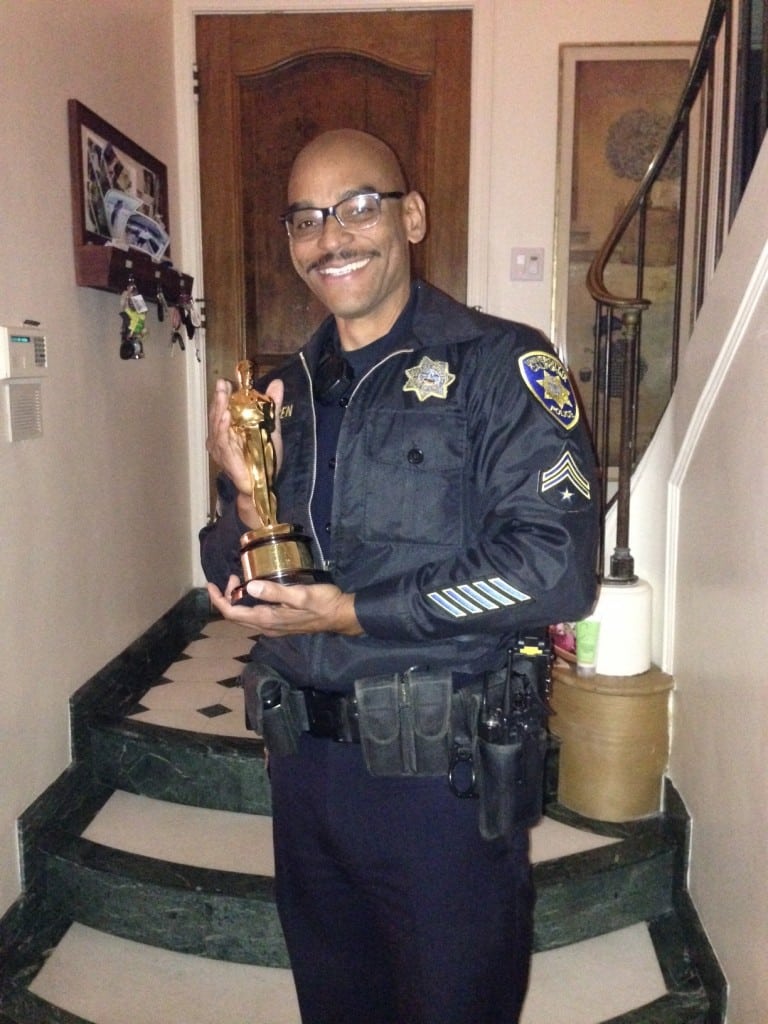
Duren added:
“So, unfortunately, because of the higher crime rate, which is in basically the Black and Brown communities, there’s going to be a higher interaction with police officers doing their jobs.”
Duren also maintains that citizens must follow the law.
“People have to understand that driving is a privilege and it’s a privilege provided by the state,” said Duren. “And when you have that privilege, you have to abide by the rules. The minute small fraction of things that happen get spotlighted.”
Officer Duren spoke of “pretextual stops” which are a subset of traffic stops deemed constitutional by the Supreme Court in Whren V. United States (1996). They occur when a police officer wishes to investigate a motorist on other suspicions, generally related to drug possession, and uses a minor traffic infringement as a pretext to stop the driver. Critics argue that “Pretextual stops” give officers a hidden bias to stop whomever they please, and in the wrong hands (i.e. an unscrupulous officer) can cause danger to citizens. According to the 2020 Los Angeles Police Violence report, 121 people were killed after the police stopped citizens for traffic violations. However, Duren maintains that pretextual stops are a deterrent for crime. ”For the most part, pretextual stops have gotten violent criminals off the streets,” he said. Some critics argue that racism and officer bias play an important role in traffic stops.
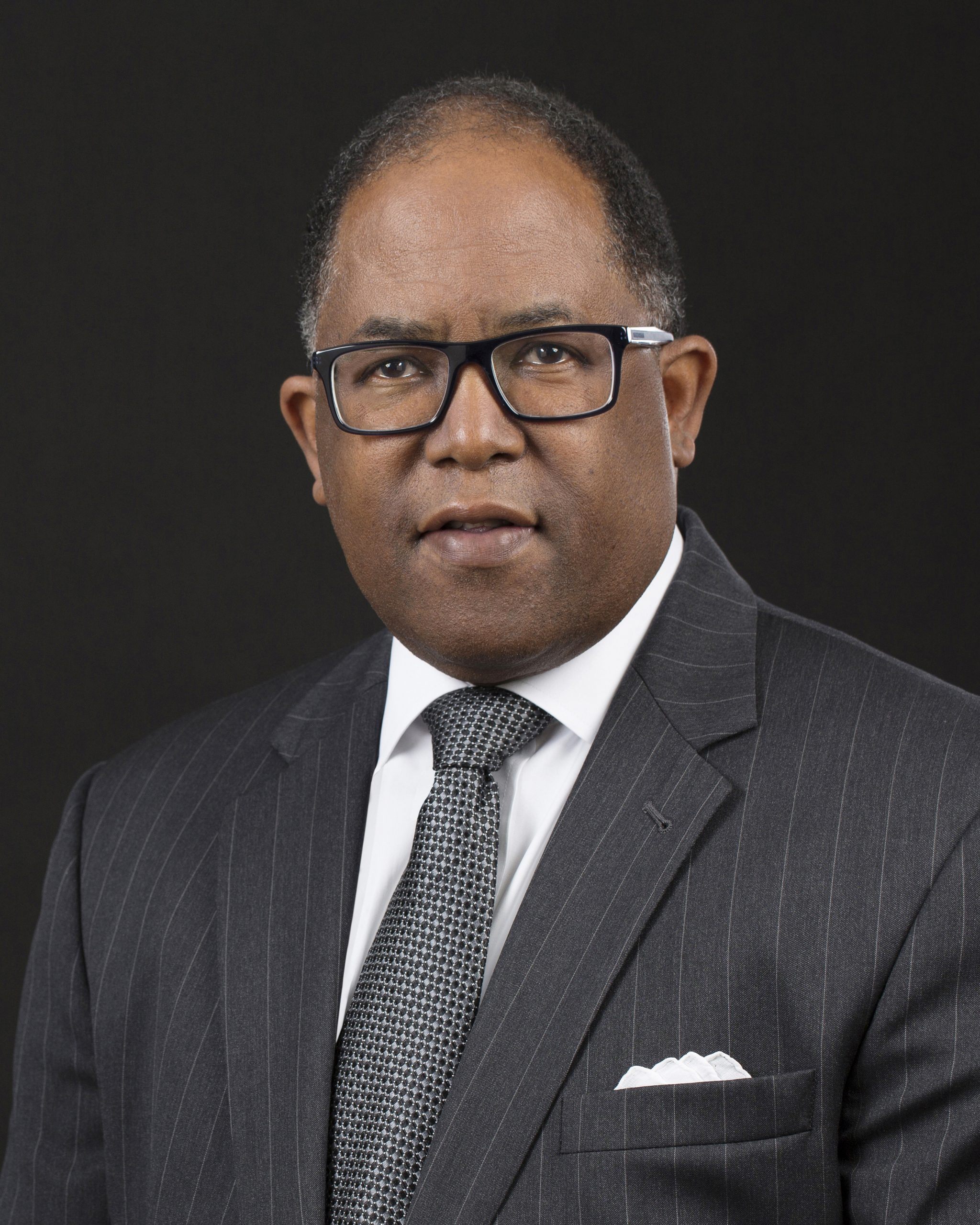
Several State, Federal and City government officials, such as City of Los Angeles Councilmember Mark Ridley-Thomas believe that the specter of racism is the core, underlying reason for unreasonable traffic stops and violence towards Black men and other men (and women) of color.
“This country has an ugly legacy of racism that it has failed to reckon with, and that is why we see it continue to persist in all aspects of American life, including in interactions with law enforcement,” Councilmember Ridley-Thomas told EURweb. “But, until such time as it does, we will continue to see this injustice. Government cannot legislate this racism away, but it can reform the systems that allow it to cause the fatal outcomes that too often disproportionately affect people of color and, in particular, African Americans.”
Violence by law enforcement against Black men continues to persist at an alarming rate. What kinds of police reform actions can be implemented in the future?
“In Los Angeles, one of the various ways we are reimagining public safety is through exploring ways to enforce our traffic laws without employing the use of armed law enforcement,” said Councilmember Ridley-Thomas. “We, no doubt, need increased police accountability, but we must also take these and other necessary steps to ensure that we prevent the needless death of our residents at the hands of law enforcement in the first instance.”
Eliminating Qualified Immunity
There are several reasons for why Black men are often targeted by law enforcement officers. One of the chief reasons for the continued frequency of traffic stops against Black men is because officers that don’t follow police departmental policy are rarely prosecuted. A frustrating aspect of the law for civil rights attorneys is the concept of “qualified immunity.”
According to the Atlantic, qualified immunity “has been perhaps the biggest little-known barrier to rectifying constitutional violations through the justice system.” What is qualified immunity? According to several sources, including lawfareblog.com’s Nathaniel Sobel, qualified immunity is a “judicially-created doctrine that shields government officials from being personally liable for constitutional violations- like the right to be free from excessive police force- for money damages under federal law so long as the officials did not violate ‘clearly established’ law.”
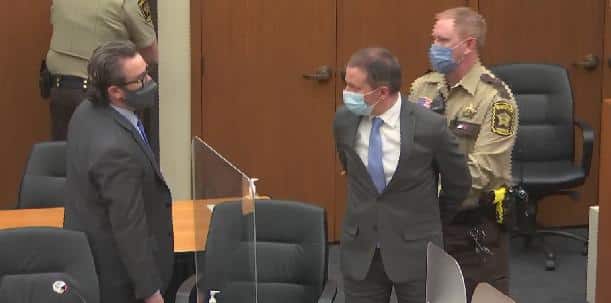
The key phrase is “judicially-created doctrine.” Qualified Immunity isn’t a law- it’s simply been created to protect state officials, including police, from being sued. While this didn’t apply to the Derek Chauvin murder case, getting rid of qualified immunity would be one of the remedies that can make law enforcement officers think twice about unnecessary traffic stops against Black men. According to Sobel, even Justice Sonia Sotomayer has called qualified immunity a “one-sided approach” that “transforms the doctrine into an absolute shield for law enforcement officers.” Sotomayer, in a recent opinion said that qualified immunity “sends an alarming signal to law enforcement and the public. It tells officers that they can shoot first and think later, and it tells the public that palpably unreasonable conduct will go unpunished.”
Traffic stops by police and the minority community, particularly for Black men is an issue that needs to rectified immediately. Until there is police reform and coordination between the Black community and law enforcement, the senseless deaths of Black men will continue to occur, despite the conviction of Derek Chauvin.
Calls and e-mails for comment from police departments in Philadelphia, Minneapolis and Los Angeles Police Department, were not returned. In Minneapolis, their city services line, which includes the police, reports that any inquiries into anything related to the Derek Chauvin trial “will be disconnected.” A request for an interview with Los Angeles police officials for this story was “passed up the chain of command,” by their public information officer but there was no response by any of their officials.
We Publish News 24/7. Don’t Miss A Story. Click HERE to SUBSCRIBE to Our Newsletter Now!





